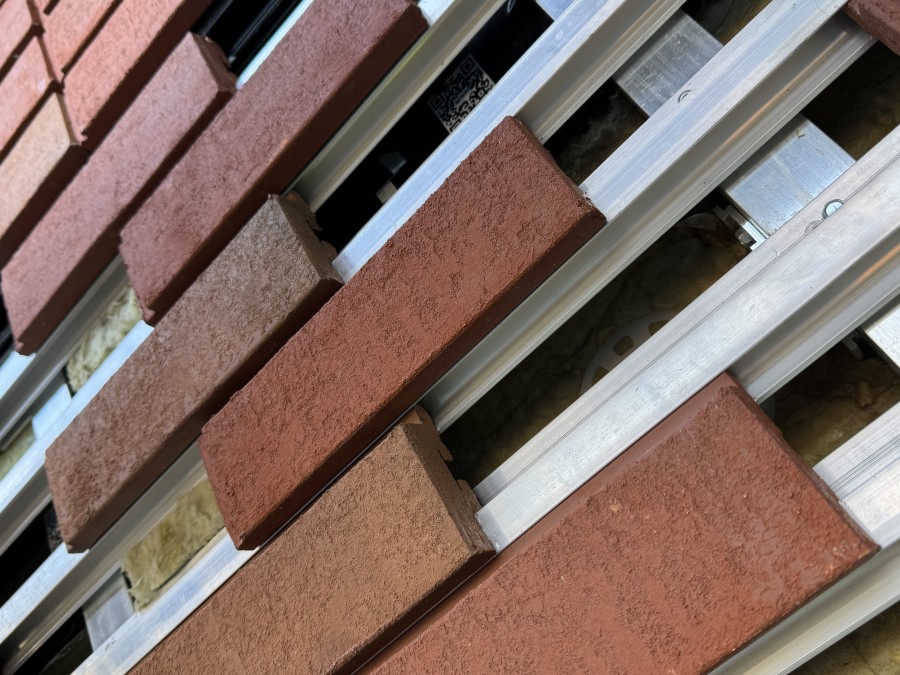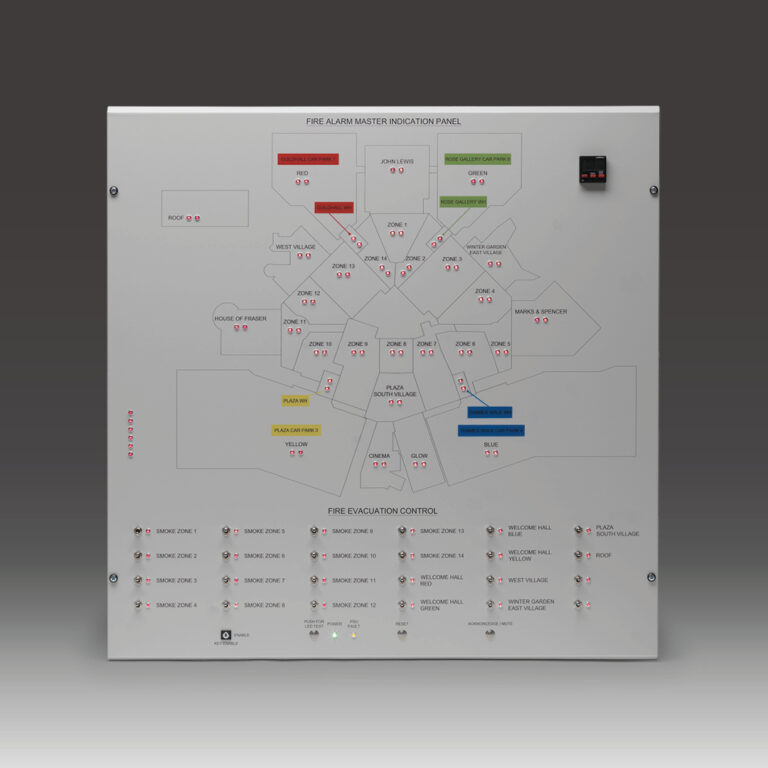Reducing a building’s energy demands by using thermal mass to stabilise temperature fluctuations may seem a new idea but Salford City Council demonstrated 36 years ago that it works. George Pickard, MCIOB, of the Precast Flooring Federation, offers a timely reminder.
For over 30 years, member companies of the Precast Flooring Federation – who together manufacture around 90% of the precast concrete flooring systems in the UK – have been improving the thermal efficiency of their floors in various ways, combining the benefits of expanded polystyrene (EPS) with the thermal mass of the concrete beams and concrete screed. With prestressed concrete T-beams, EPS blocks can provide U-values of 0.08W/m²K–0.22W/m²K. Achieving such low U-values helps specifiers achieve good building fabric performance and goes a long way to attaining levels 3,4,5 & 6 of the Code for Sustainable Homes: what is more, U-values of 0.08W/m²K ‘Absolute Zero’ are achievable now. Incorporating radon protection measures is also easy with a precast concrete suspended ground floor.
Significantly, conventional masonry houses incorporating precast concrete floors at ground floor and upper levels can, by taking advantage of their thermal mass, save substantial amounts of energy over their lifetime. This is because concrete acts as a thermal store, absorbing heat during the day and releasing it at night. This moderation of peak temperatures – called ‘fabric energy storage’ or FES – can reduce CO2 emissions by up to 50%, since around 90% of the environmental impact from buildings comes from heating or cooling.
The recent report ‘The Salford low-energy house: learning from our past’ reveals that pioneering work carried out in Salford in 1976 demonstrated that such savings were achievable. The brainchild of Dr J E Randell, a senior lecturer in Building Services Engineering at The University of Salford, and J M A Hoyle, an architect in the Technical Services Department of Salford City Council, the revolutionary houses have over the intervening 30+ years been shown to require an energy consumption about 25% of that of the general UK housing stock and less than 60% of current Building Regulations.



















